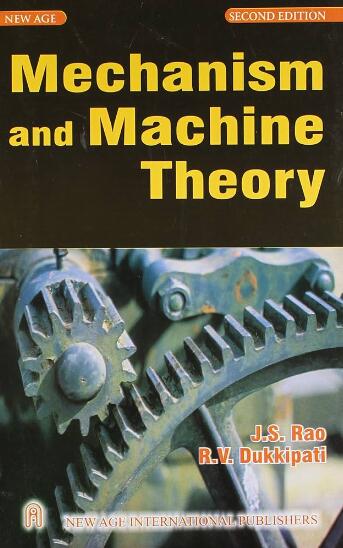面向商空间的集成移动机械手创新设计
IF 4.5
1区 工程技术
Q1 ENGINEERING, MECHANICAL
引用次数: 0
摘要
移动机械手由于具有高度的灵活性和广泛的适应性,在各个领域得到越来越多的关注和广泛的应用,包括移动平台和车载机械手。由于这两个子系统都影响末端执行器的运动,因此移动平台和机械手的集成设计对于优化任务性能至关重要。然而,现有的研究主要集中在独立子系统的优化,忽略了跨维度的跨子系统运动协调,缺乏系统的集成设计方法。为了解决这些差距,本文提出了一种创新的商数空间集成设计框架。该方法包括末端执行器运动特征的提取、分解和分配,以及移动机械臂的类型综合和尺寸综合。在此基础上,提出了一种基于商空间的末端执行器运动分解与分配方法。通过有代表性的案例研究来演示方法,然后通过仿真和实验验证所设计的移动机械手满足指定的要求。所提出的方法有望促进移动机械手技术在各个领域的进步。本文章由计算机程序翻译,如有差异,请以英文原文为准。
Quotient space-oriented innovation design of integrated mobile manipulators
Mobile manipulators, comprising mobile platforms and on-board manipulators, have gained increasing attention and broad applications in diverse fields due to their high flexibility and wide adaptability. As both subsystems influence end-effector motion, integrated design of mobile platforms and manipulators is essential for optimal task performance. However, existing research predominantly focuses on independent subsystem optimization, ignoring cross-subsystem motion coordination across dimensions and lacking systematic integrated design methodologies. To address these gaps, this paper presents an innovative quotient space-based integrated design framework. The proposed procedure includes end-effector motion characteristic extraction, decomposition, and assignment, followed by type synthesis and dimensional synthesis of the mobile manipulator. Furthermore, an elaborate quotient space-based method for end-effector motion decomposition and assignment is proposed. Representative case studies are conducted to demonstrate the methodologies, followed by simulations and experiments verifying that the designed mobile manipulator meets the specified requirements. The proposed approach is expected to facilitate the advancement of mobile manipulator technologies across various domains.
求助全文
通过发布文献求助,成功后即可免费获取论文全文。
去求助
来源期刊

Mechanism and Machine Theory
工程技术-工程:机械
CiteScore
9.90
自引率
23.10%
发文量
450
审稿时长
20 days
期刊介绍:
Mechanism and Machine Theory provides a medium of communication between engineers and scientists engaged in research and development within the fields of knowledge embraced by IFToMM, the International Federation for the Promotion of Mechanism and Machine Science, therefore affiliated with IFToMM as its official research journal.
The main topics are:
Design Theory and Methodology;
Haptics and Human-Machine-Interfaces;
Robotics, Mechatronics and Micro-Machines;
Mechanisms, Mechanical Transmissions and Machines;
Kinematics, Dynamics, and Control of Mechanical Systems;
Applications to Bioengineering and Molecular Chemistry
 求助内容:
求助内容: 应助结果提醒方式:
应助结果提醒方式:


